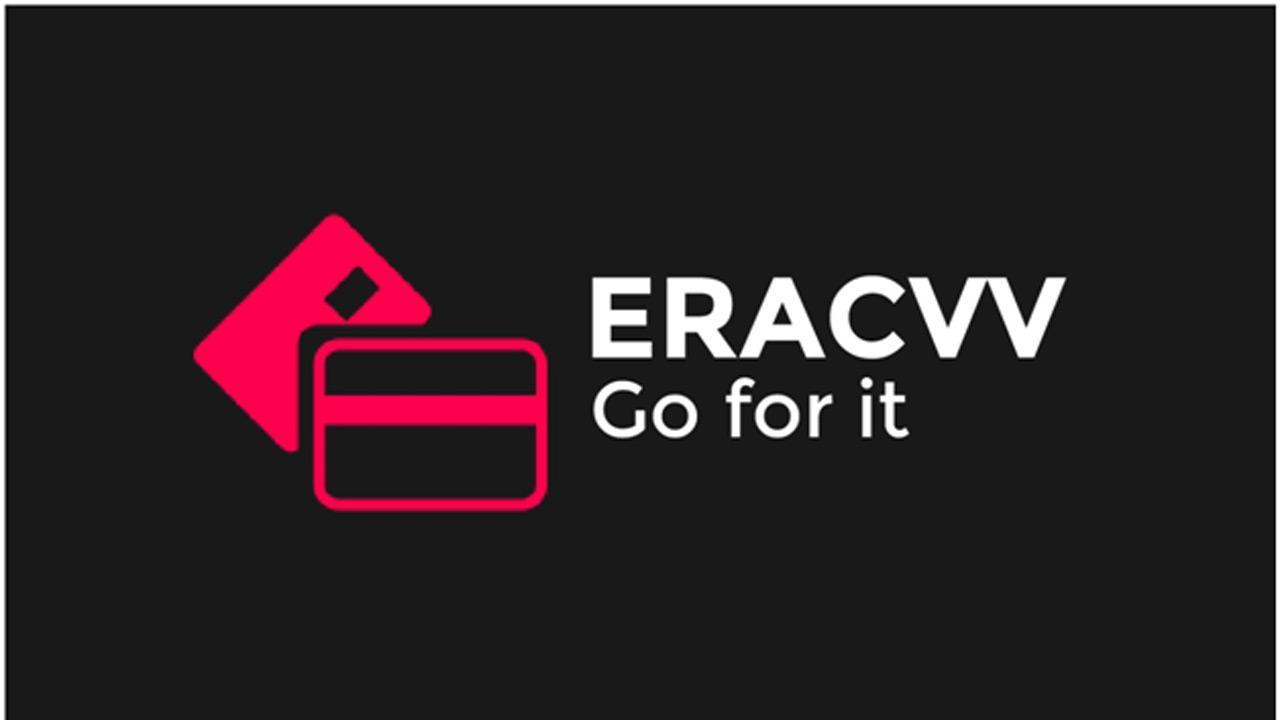A CVV shop is a business that specializes in selling information that can be used to commit fraud, such as credit card numbers or CVV codes

Representation pic
What is a credit and debit card?
ADVERTISEMENT
Both credit and debit cards are means of payment that allow you to make purchases, either in a physical or virtual store, without the need to have money in your pockets. While credit cards have a line of credit with money that banks "loan", debit cards are usually linked to a savings account with an amount of money that belongs to you.
The use of both cards is essential in these times both for security and for health reasons, since it minimizes physical contact between people. A CVV shop is a business that specializes in selling information that can be used to commit fraud, such as credit card numbers or CVV codes.
However, crime has become sophisticated to commit crimes with respect to our cards, but customers can also avoid attacks with simple acts that do not require too much effort and keep us totally safe. Let's see how we can make life difficult for criminals!
Tips to protect your cards
This may be the most obvious advice, but it is very necessary: do not show your card password under any conditions, either by covering it with your hand in the ATM or observing that there is no one next to you (this also applies, for example , when you are on the bus and make a purchase from your cell phone).
If you are at the ATM and have a problem with a transaction or your password, avoid accepting help from strangers, it is better to withdraw your card and contact your bank. If the ATM "swallows" your card, don't leave, stay in place, contact your bank and report the problem. An advisor will support you at that time. Avoid sending your data, passwords or details of your card through emails or social networks.
When you make an online purchase, enter your data only on secure and reputable pages, check that it is an "https" connection and that it has a valid security certificate. (Look in the address bar for the padlock that suggests it's a secure page). Never click on links to misleading offers you receive via email or messages, they could be digital scams (for example, messages telling you that you won a prize or that you need to change the key on your card, etc.). Try to enter your credit card information every time you make an online purchase.
Types of electronic fraud
Digital channels have become a powerful tool that facilitates the management of personal finances, but you always have to be alert and aware of the electronic fraud that usually occurs even in the most daily. Here are three examples:
>> Phishing: They usually arrive through emails or alarmist messages that request data, something that financial institutions do not do.
>> Vishing – is a scam that attempts to obtain credit card information through phone calls. We must not disclose data under any circumstances.
>> Smishing – In this type of scam, fake links are sent via text messages to obtain sensitive information. Avoid these types of messages and don’t respond.
Be very careful: You must always be very alert, the bank will never contact you to request confidential information about your data and passwords.
How to block the card
If you have lost your card, it was stolen or you have been the victim of some type of scam, you must block it immediately and for this you have several options.
From the BBVA App, select the card you want to configure and choose the "On/Off" option to temporarily turn your card on or off (you can also configure the availability of cash and purchases). But if what you want is to block it permanently, choose the "block card" option. As simple as that!
You can also choose to contact an advisor by phone or, if you are in a position, go to the nearest agency. At that time, take advantage of this communication to know the latest movements of your card.
 Subscribe today by clicking the link and stay updated with the latest news!" Click here!
Subscribe today by clicking the link and stay updated with the latest news!" Click here!







